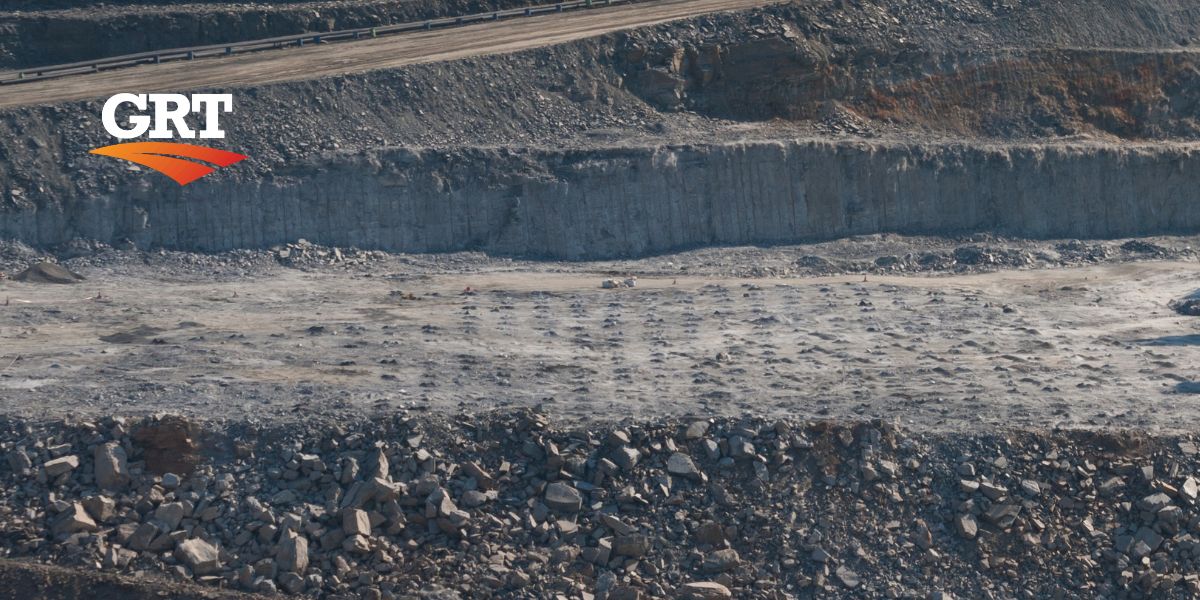The Minerals Council of Australia (MCA) recently confirmed the mining industry’s ambition to achieve net-zero emissions by 2050 and this supports the goals of the Paris Agreement. We have previously penned pieces on decarbonization in mining and how to create a zero carbon mine and this ambition can only be achieved through significant investment in technology and member companies proactively adopting or considering a range of technologies including those that are already available and others where breakthrough development technology is still required.
In this article we focus on steps that have been taken by the MCA and its members in working towards achieving net-zero emissions by 2050 in Australian mining.
Climate Action Plan
The MCA is the peak industry body of Australia’s exploration, mining and minerals processing industry. In June 2020, the MCA and members launched the Climate Action Plan as a clear commitment to do the work needed to achieve net-zero emissions. To achieve an ambition of net zero emissions in Australia, and reflecting the importance of rapid action, these were the contributions MCA listed for a stable national policy framework:
- Substantially increased research, development and investment in technologies and processes to reduce mine site emissions.
- Widespread deployment of low and zero emission technologies including consideration of all technologies.
- Credible, verified low-cost abatement options, including domestic and international offsets.
- Accelerated development of the minerals required for a low emissions future including aluminium, copper, nickel, zinc, iron, uranium, base metals, lithium, mineral sands, and rare earths.
- Global and domestic partnerships with governments, regulators, customers, technology developers, universities, NGOs and other relevant groups to drive new technologies that cost-effectively reduce emissions.
- Policies that foster continued economic growth and investor confidence in Australia.
2021 Climate Action Plan Progress Report
The MCA Climate Action Plan Progress Report was released in June 2021 included the activities members are undertaking to research, develop and deploy emission reduction technologies and processes. The progress report highlights 12 case studies on how the industry is taking practical climate action including:
- Rollout of renewables.
- Carbon capture and storage development
- Methane capture and conversion
- Electric and autonomous vehicles investment
- Battery storage
- Hydrogen trials
- Exploration efficiencies.
Emissions reduction activities and member commitments
A sustainable minerals sector benefits Australia and beyond especially in a much-needed post-COVID recovery.
Are environmental regulations, health and safety concerns or potential profit loss a concern right now?
Here are some of the MCA statistics showing progress in the journey towards net zero 2050:
- 30% Average annual abatement potential of surveyed activities relative to emissions.
- 18 MCA full members reporting to National Greenhouse and Energy Report Scheme (NGERS)
- 7 types of activities identified to facilitate >100,000 tCO2 emissions reductions per annum.
- 20% of the MCA members have net zero 2040 emissions targets.
- 61% of the MCA members have net zero 2050 emissions targets.
- 100% members support the Paris Agreement net zero emissions.
In conclusion
Achieving net zero by 2050 requires commitment from everyone in the mining sector and 3 of the key elements of the Paris Agreement are important in the Australian mining sector. Strengthening climate actions every 5 years leading to 2050, enhances transparency to ensure commitments are met and long-term goal to achieve net zero emissions. Although emissions targets from the Paris Agreement are not legally binding, the report card and updated promises are binding. Globally, in 2023, reports will have to be produced as progress reviews, a direction MCA is already taking with the MCA Climate Plan Action Progress Report. Change is only realized if everyone plays their part to reduce emissions from their own operations as climate change affects all parts of society which requires a collective approach to being part of the global solution.
Your feedback is important to us. If you enjoyed reading this Global Road Technology industry update and found it informative, please let us know by leaving a REVIEW.
Troy Adams
Troy Adams is the Managing Director of Global Road Technology (GRT) Specialising in Engineered Solutions for Dust Suppression, Erosion Control, Soil Stabilisation and Water Management. A pioneering, socially conscious Australian entrepreneur, Troy Adams is passionate about health and safety and providing innovative solutions that are cost-effective to the mining industry, governments and infrastructure sectors. Troy is also a tech investor, director of companies like Crossware, Boost, Hakkasan, Novikov and more.

